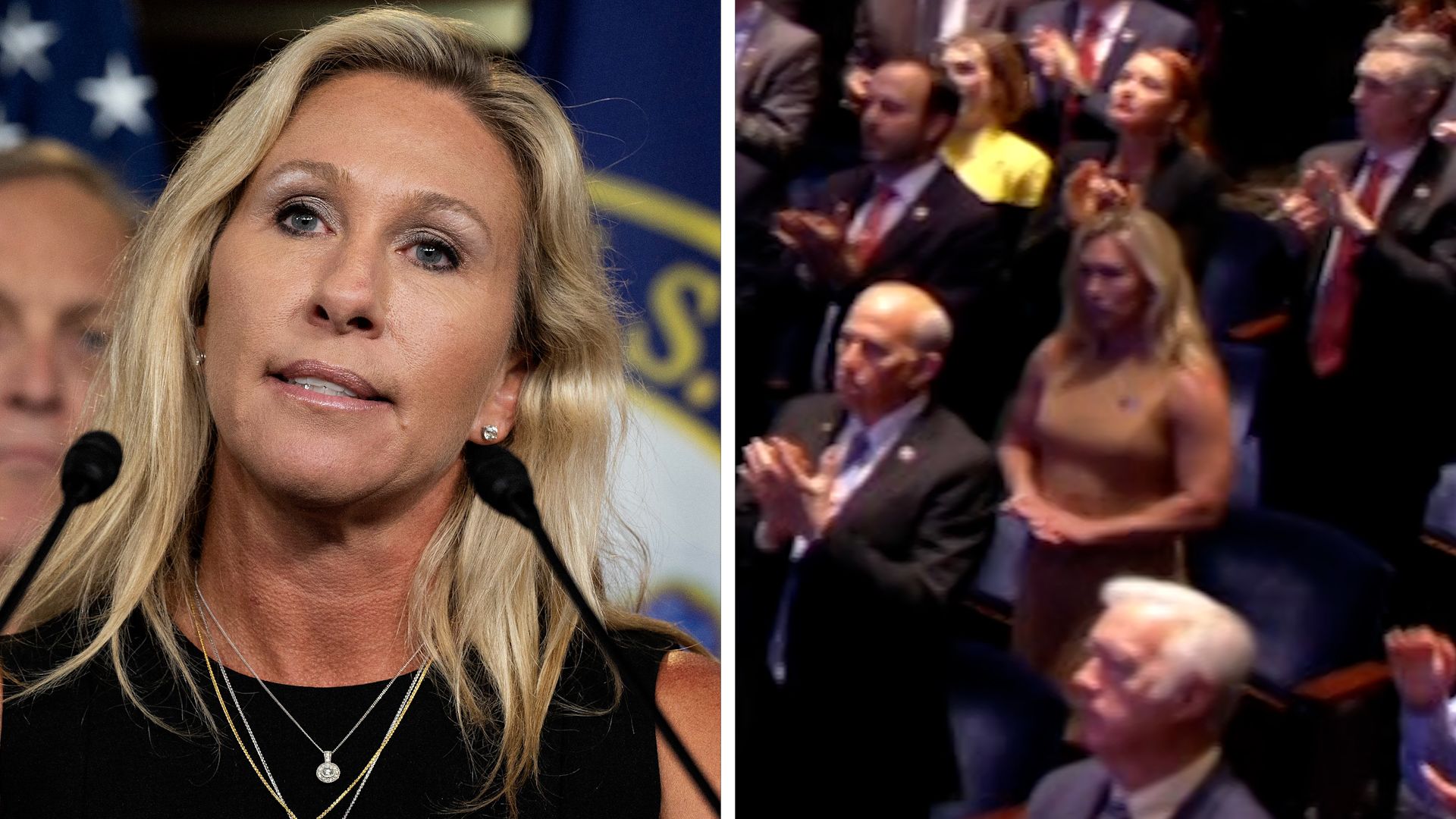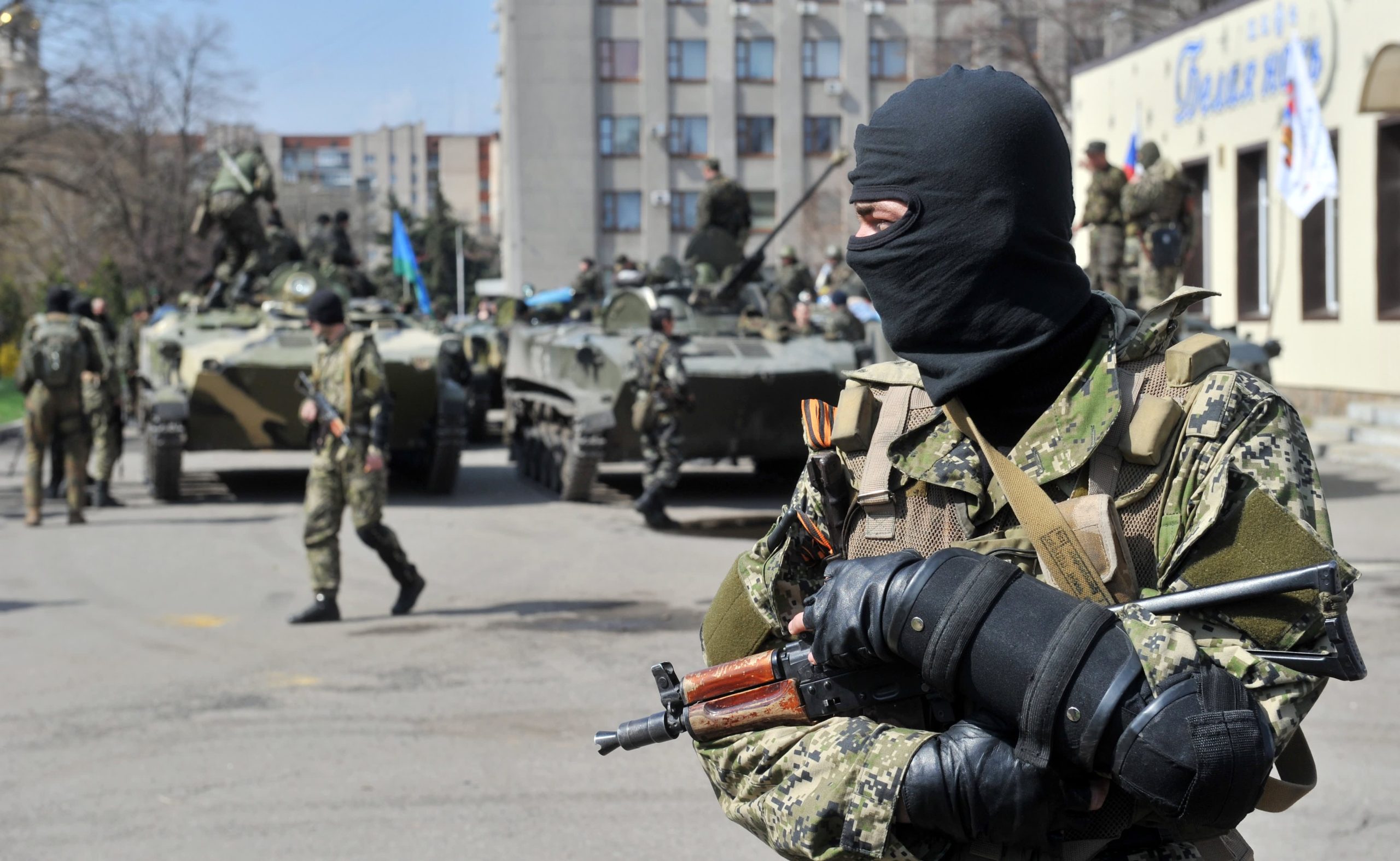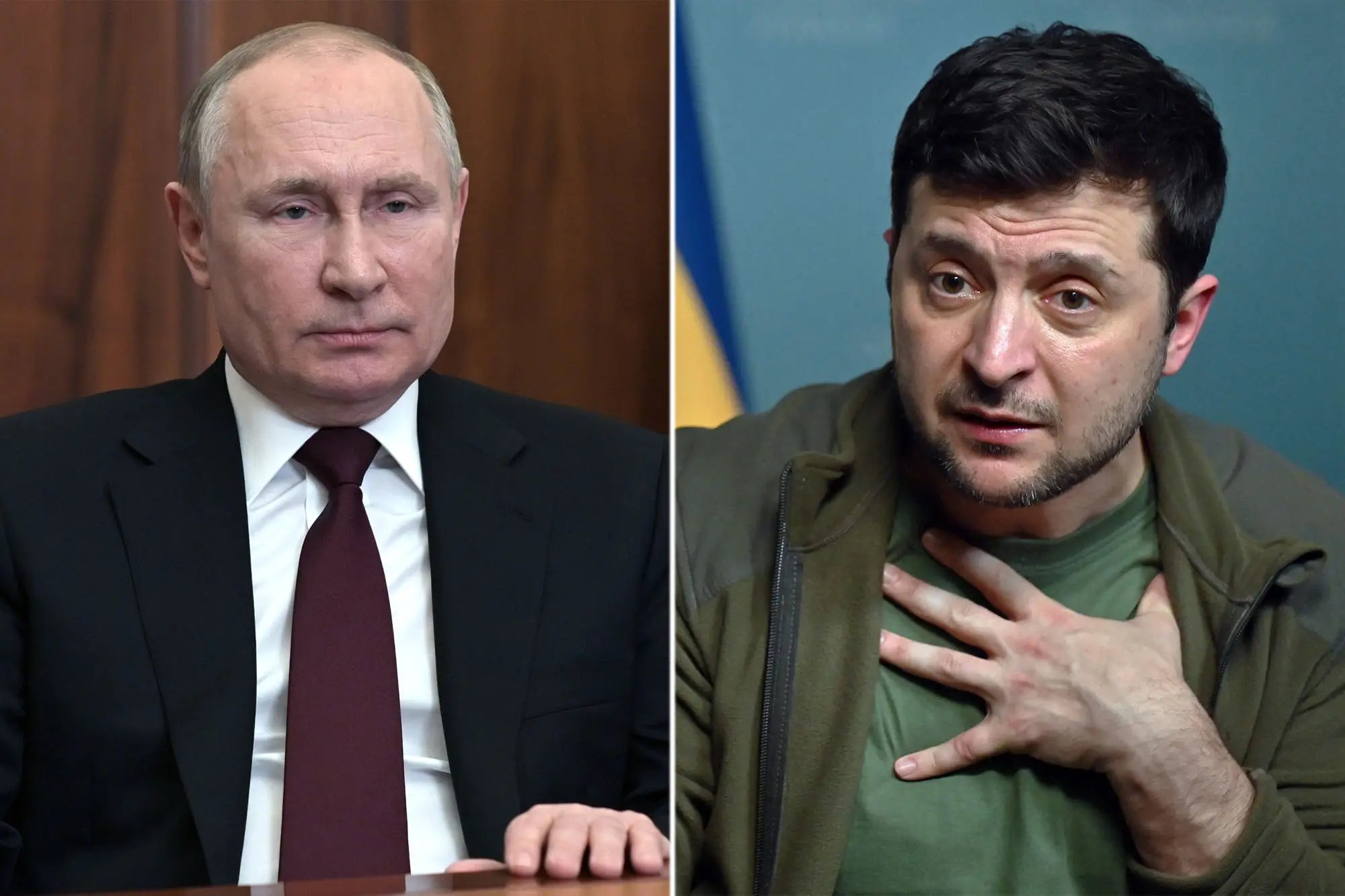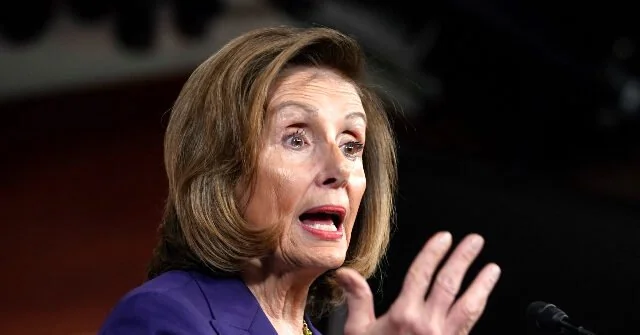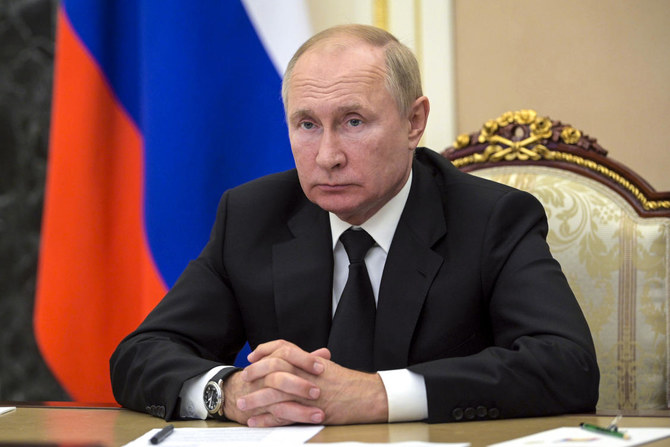In a Twitter post on Friday, Representative Marjorie Taylor Greene stirred controversy by leveraging Ukrainian President Volodymyr Zelensky‘s recent speech at the World Economic Forum to argue against the proposed $60 billion aid for Ukraine. Greene, a staunch Trump ally highlighted Zelensky’s plea for peace in Davos asserting that Washington’s push for additional funds fuels the ongoing conflict. This move comes as President Joe Biden seeks congressional approval for the aid package amid concerns about potential aid cuts if Trump returns to office.
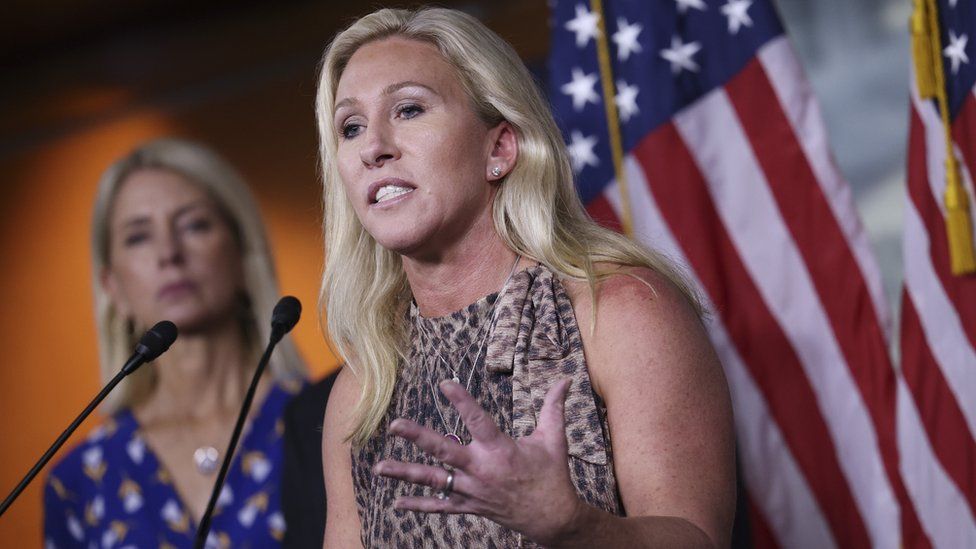
Zelensky’s Plea and U.S. Aid Dynamics
Zelensky’s Davos address emphasized the need for reconstruction and renewed peace talks making no explicit mention of requiring more weapons. The New York Times reported on Greene’s contention that Zelensky’s call for peace contradicts Washington’s push for increased military aid.
The Biden administration’s $60 billion aid proposal has faced opposition, with House Speaker Mike Johnson tying it to a new immigration and border security deal. Critics including Greene question the effectiveness of past aid totaling over $79 billion since the conflict’s onset in 2022.
While Greene argues against prolonging the conflict through continued aid, Zelensky, over months has stressed the importance of military support from allies. Supporters counter asserting that a lack of aid may lead to Ukraine’s defeat against Russia aligning with Putin’s goals.
READ ALSO: Russia’s Sierra II-Class Submarine’s Titanium Advancement Stuns; US Navy Left in Awe
Zelensky’s “Peace Formula” and International Response
Zelensky promoted Ukraine’s “Peace Formula” in his speech, demanding Russia’s withdrawal from Ukrainian territory including Crimea and seeking reparations and war crime prosecutions. Despite international support for the plan Russia has rejected its terms.
As the Russia-Ukraine conflict approaches its two-year mark, the contrasting views on aid underscore the complexities surrounding geopolitical dynamics, peace efforts and the role of foreign assistance in the ongoing crisis.
